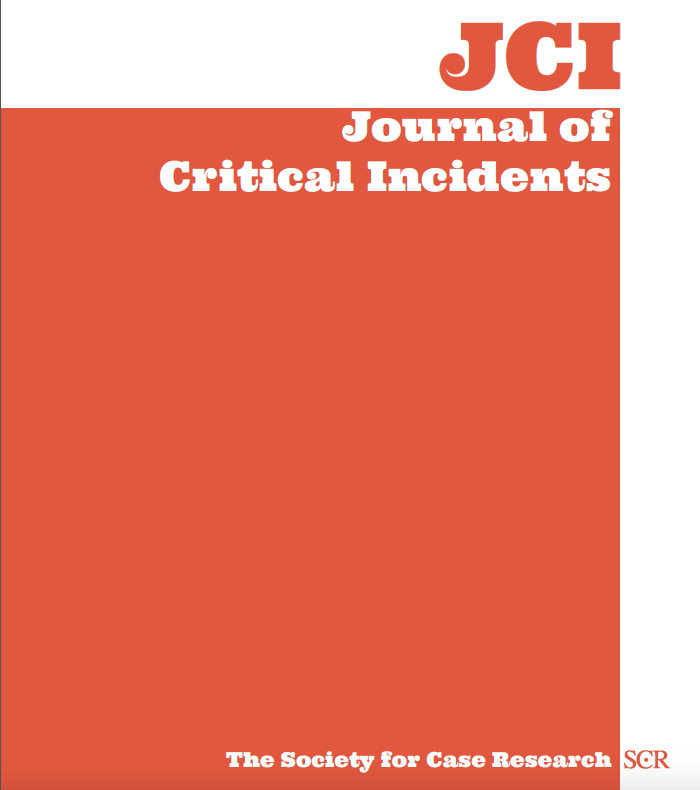I Think You Need Another Account: The Case of Wells Fargo

At least 5,300 Wells Fargo Bank employees had created over 1.5 million deposit accounts and over 500,000 credit card accounts for Wells Fargo customers without the customers’ permission – many of which resulted in Wells Fargo charging customers unexpected fees. Within nine days of disclosure to the public, the company’s stock value dropped nearly ten percent. Further, investors had filed a lawsuit in California against the bank’s Board of Directors alleging breach of fiduciary responsibility Both the U.S. House of Representatives and Senate held hearings and the company’s reputation was in a shambles. Wells Fargo’s newly appointed CEO needed to repair the Bank’s brand image and halt the deterioration of its stock value.
This decision critical incident is well suited for undergraduate courses in ethics, principles of management, human resources, principles of marketing, and marketing management. The incident also provides a good opportunity for application of the Interactionist Model of Ethical Decision Making and Keller’s Brand Equity Model.
- Describe how an institutional environment and corporate policies, as well as individual characteristics, can lead to unethical behaviors.
- Apply Keller’s theories on brand equity to the effects of unethical behavior on Wells Fargo’s brand equity.
- Develop courses of action that a CEO might take to change corporate culture and recover from widespread unethical practices.
